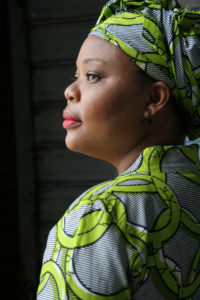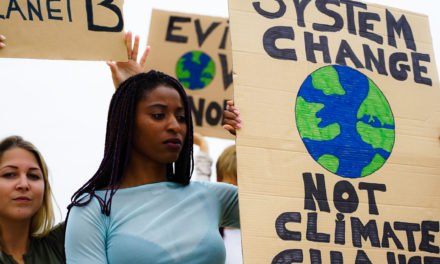 Over the past several years we have seen a number of high profile people get chastised for what many considered anti-diversity / inclusion comments. Journalist Juan Williams was fired by NPR in 2010 when he said that he gets nervous when he gets on a plane with Muslims. More recently, Politico suspended its reporter Joe Williams after he said on MSNBC that Romney was “only comfortable around white people”. Dan Cathy, CEO of Chick-fil-A came under severe attack this summer because of his opposition to gay marriage. In the last few weeks the Chief Diversity Officer of Gallaudet University was forced to take administrative leave because she signed a petition being circulated at her church opposing the gay marriage referendum to be voted on in Maryland this year.
Over the past several years we have seen a number of high profile people get chastised for what many considered anti-diversity / inclusion comments. Journalist Juan Williams was fired by NPR in 2010 when he said that he gets nervous when he gets on a plane with Muslims. More recently, Politico suspended its reporter Joe Williams after he said on MSNBC that Romney was “only comfortable around white people”. Dan Cathy, CEO of Chick-fil-A came under severe attack this summer because of his opposition to gay marriage. In the last few weeks the Chief Diversity Officer of Gallaudet University was forced to take administrative leave because she signed a petition being circulated at her church opposing the gay marriage referendum to be voted on in Maryland this year.
While taken on the surface all of these incidents would be considered being on the wrong side of diversity and inclusion. We should value and accept differences in race, religion, sexual orientation, gender, age, etc, etc. Well the truth is that we just don’t. We are not there yet and I don’t think the best way to get there is through coercion, shame and punishment. Those actions shut down rather than encourage dialogue.
We are quick to react to comments that might be taken out of context such as the Shirley Sherrod incident in 2010 where she was forced to resign her post as Georgia State Director of Rural Development for the United States Department of Agriculture when she said that the first time she met a white farmer who needed her assistance it brought back memories of her family’s struggles (Sherrod is African American) and she initially thought the farmer had a “superior, privileged attitude”. What the initial video did not show was that she went on to say she learned from the experience. It surfaced some deep-seated unconscious biases that she had to admit to and not let them impact her obligation to help all farmers.
Learning is what cultural competence is all about and we cannot learn well in an environment where people are afraid to talk about their biases, fears and world views. While I don’t agree with Dan Cathy, I would welcome a dialogue with him to further understand his views. I do think I understand that they come from a deep place of deep convictions, beliefs and values that were engrained at an early age. Perhaps Mr. Cathy would be open to learning more about the views of the LGBT community. If that were the case it could lead to greater understanding.
When Juan Williams said he feared Muslims, it created an opportunity for more in depth dialogue because I would be taking an educated guess that his fears were probably shared with thousands if not millions of others.
Liberian peace activist Leymah Gbowee, Nobel Peace Prize recipient, opened SHRM’s Diversity and Inclusion Conference in Chicago this week. She received the prize in 2011 for her “non-violent struggle for the safety of women and for women’s rights to full participation in peace-building work”. She related how the most powerful aspect of her work involved getting Christian and Muslim women to sit down in authentic dialogue to dispel myths and stereotypes about the other. She said that there was much “us and them” with very little cross-religious dialogue. In these structured sessions, as part of the effort to end the civil war in Liberia, the women learned that they had many similarities that allowed them to begin to have a constructive and respectful dialogue about their differences and ultimately form a strong coalition that supported peace and women’s rights.
In a polarized world, we do first need to understand what binds us together. Gbowee talked about common humanity and the quest for peace as the rallying cry in Liberia.
The road to cultural competence is openness to listening to the others’ point of view without judgment initially, to find the points of commonality, and go deeper in our understanding of differences. If we punish before we have complete understanding, we still stay stuck in a place that engenders fear, mistrust and bigotry.
::The Cultural Competence Mastery Program: The Bridge to Inclusion | Registration Now Open::



















I concur with the thoughts; forcing people to say what we want them to think is not the answer and is causing more dissension than anything it is accomplishing. It just forces the conversations underground.